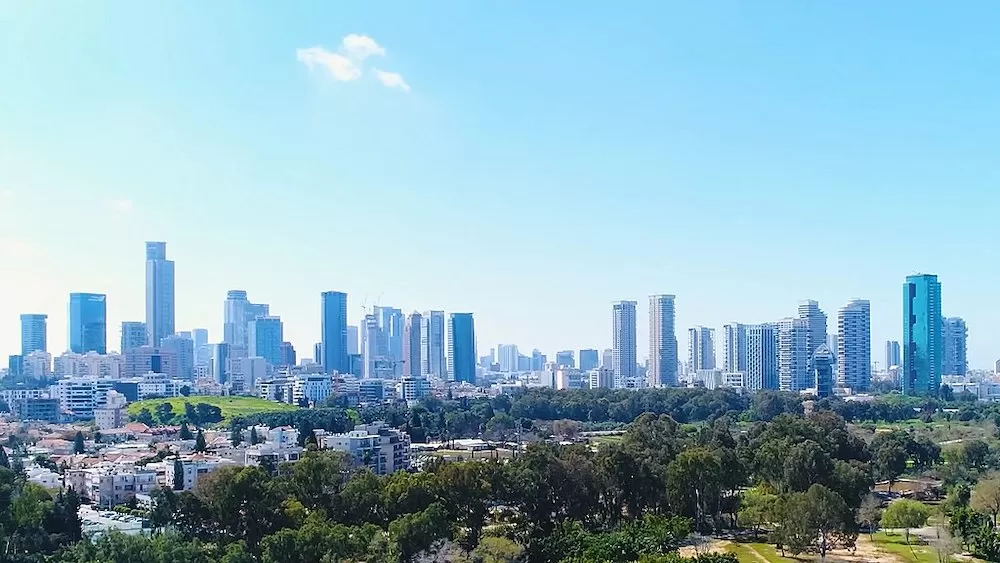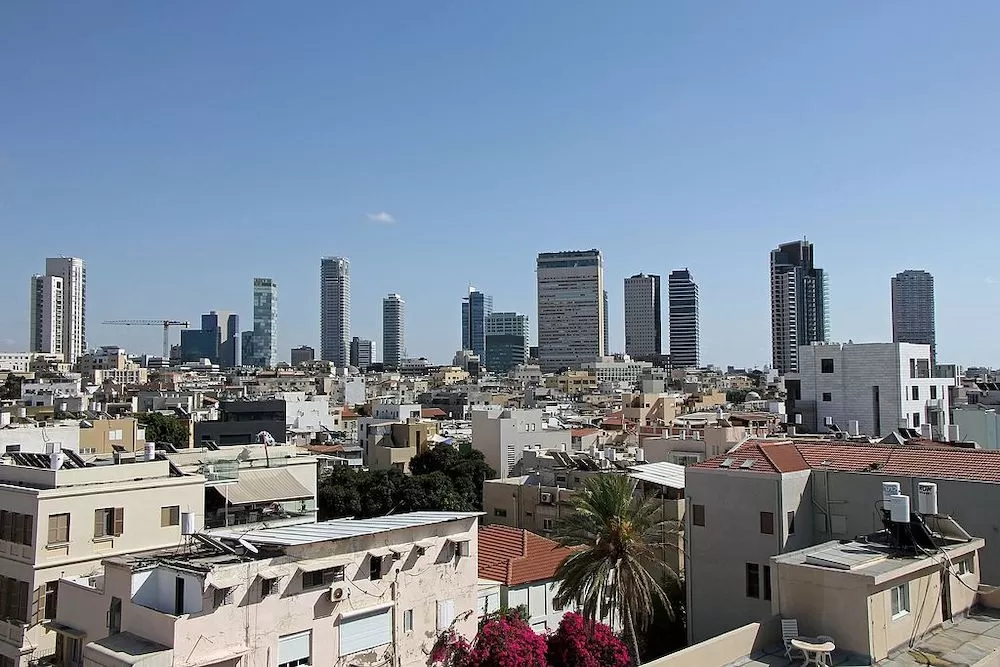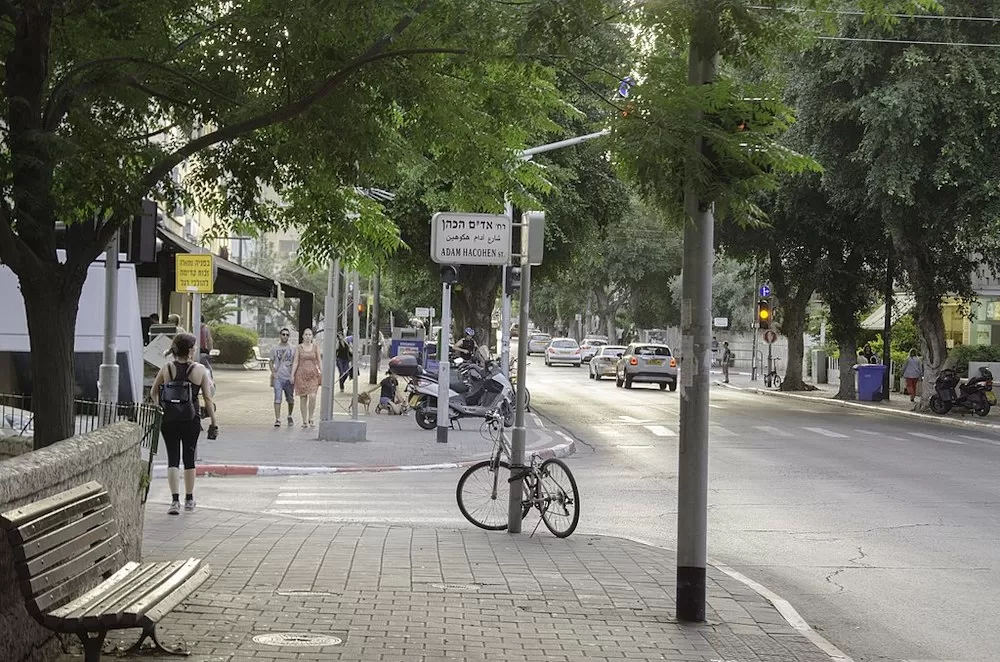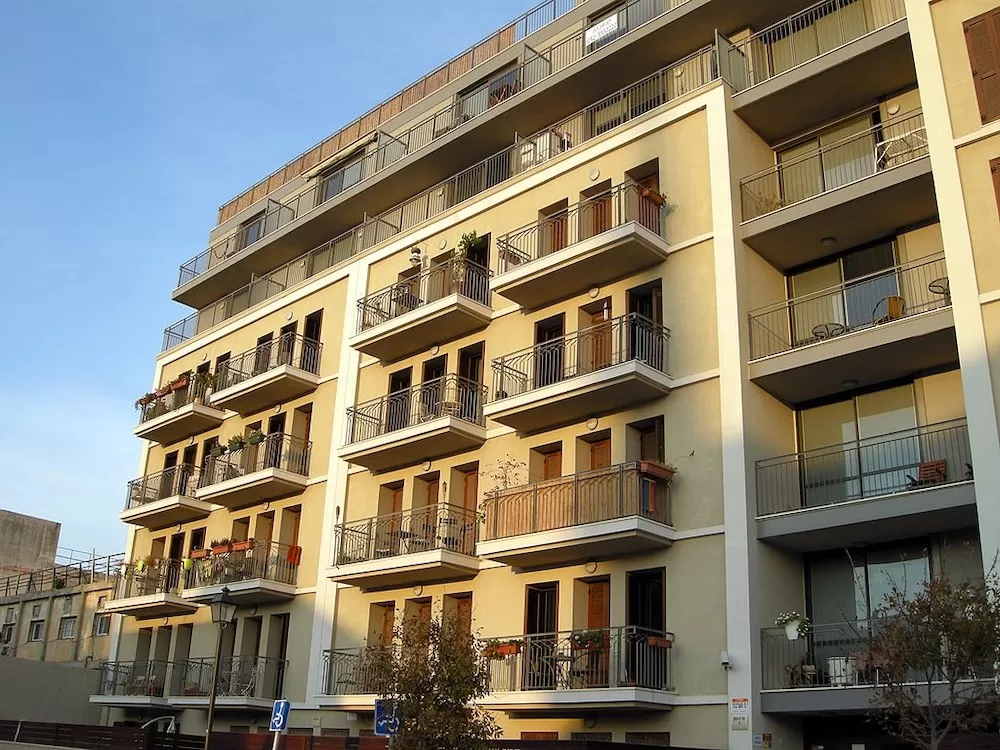
As of the moment, 4.181 million people live in Tel Aviv today. It's always been one of the most populous cities in Israel, both when it was still the country's capital and now. It might also help you to know that there's a big expat community here, full of foreign residents that came from all over the world. It's not too far-fetched to think that there might be people from your home country who moved here as well. They would have already gotten used to the warm weather here, which is mostly dry and at times, a little humid.

Public transport in Tel Aviv isn't the same as those in other cities around the world. This doesn't mean it's better or worse, it's simply not as similar as in other places. For instance, as of this writing, the city has yet to have its own metro system. So for now, there's no railway system to take in Tel Aviv. And this is practically unheard of for a major city. At least, there are still buses and taxis here. And with the help of useful transportation apps, you can easily ride them or book a ride to get to where you need to be.

If you're thinking of Tel Aviv as this ancient Middle Eastern city surrounded by desert sand and such, think again! The city's many districts are different and diverse, all making up this bustling metropolis. You'd be wise to choose a suitable neighborhood for you to live in when you move here, mostly because no two areas are alike. Florentin, for instance, is a hipster haven of a district that's more like New York's Brooklyn or Paris' Montmartre. Hatikva, on the other hand, shows the essence of local life in Tel Aviv. A homely and largely residential place that has quite the tight-knit community.

As Tel Aviv is one of the most important cities in the world, you can expect that living costs here aren't so cheap. Most especially when it comes to renting. It will usually cost you around a minimum of 4,000.00₪ to a maximum of 11,000.00₪ per month to rent in Tel Aviv. That takes into account whether your place is a luxurious long-term rental or a mid-range apartment, where it's located, and how many bedrooms it has. Now, if you're thinking of actually buying your own place here, prepare to shell out 40,000.00 ₪ to 60,000.00₪ per square meter here.

You'd think that since Tel Aviv is a major city, it'll be easy to find a job here, right? Well, for the most part, that is true. But it will always depend on Israel's job market. As of the moment, the country's unemployment rate is at a low 4.60%. And while that looks good now, there's no saying how long it will stay that low of if it will decrease further in the long run. At the very least, there are many ways to find a job in Israel, from going online to relying on your network. So even when the country's job market isn't at its most stable, you might still land employment here.

Education isn't an issue in Tel Aviv as well. There are plenty of respectable institutions in the city for your kids to further their education. It might even interest you to know that a good number of them are international schools, established specifically to cater to expat children such as yours. The likes of Treehouse International School, the Walworth Barbour American International School in Israel, and the Raphael Recanati International School all provide high-quality education. Who knows? They might have a better time and maybe even excel more in any of these schools than in the one where they used to go to in your home country!

What about Israel's healthcare? Is the country's system too complicated to understand? Will you get access to it? Well, in a nutshell, Israel has a fine healthcare system that has deservedly garnered praise before. Its universality ensures that most people in the country get health coverage, both for the sake of their own well-being and to lessen their financial burdens. Moving to Tel Aviv makes you even luckier because the city has a good many prominent hospitals to ensure your health and safety. Some worth noting are the Assuta Hospital, the Sourasky Medical Center, and the Lis Maternity Hospital, among many others. It's no wonder Israel is also a prime medical tourist destination!

Would you believe that Tel Aviv is actually one of the safest cities in the world? With a general crime rate of just 22.16%, the former Israeli capital is officially safer than a lot of the more popular cities in the world. And that says a lot, considering that Israel itself has been in conflict against many countries in the Middle East. Still, staying in Tel Aviv yourself won't endanger you all that much. In fact, walking around the city is actually 87.92% safe during the day and 75.86% at night. Just don't always remain vigilant and aware of your surroundings wherever you go!

You're a fool if you didn't, at the very least, attempt to understand Israel's tax system before you moved to Tel Aviv. You might find that it's not that similar to that in your own home country as you might suspect. So the more you know about the way they impose taxes here, the better. In general, you should note that your income tax rate will depend on how much you earn every year. Your income tax returns are mostly due on April 30 of each year but you can still file and submit everything by May 31.

A few final relocation tips to follow: make sure you set up a local bank account in Israel. In fact, it should be one of the first things you accomplish when you get here. You can even start the process from abroad, which is highly recommended because, at least, when you get to Tel Aviv, you can already use your account. Furthermore, don't forget to join a local mobile network as well. You'll need a local SIM card in order to keep in contact with your co-workers and friends here, as well as remain online to talk with your friends and family back home.

No matter how different Tel Aviv may seem from your home city or home country right now, getting relocated here isn't the end of the world. Most especially if you follow this guide on how to move to the city properly, ensuring that you won't face any problems during your stay here.